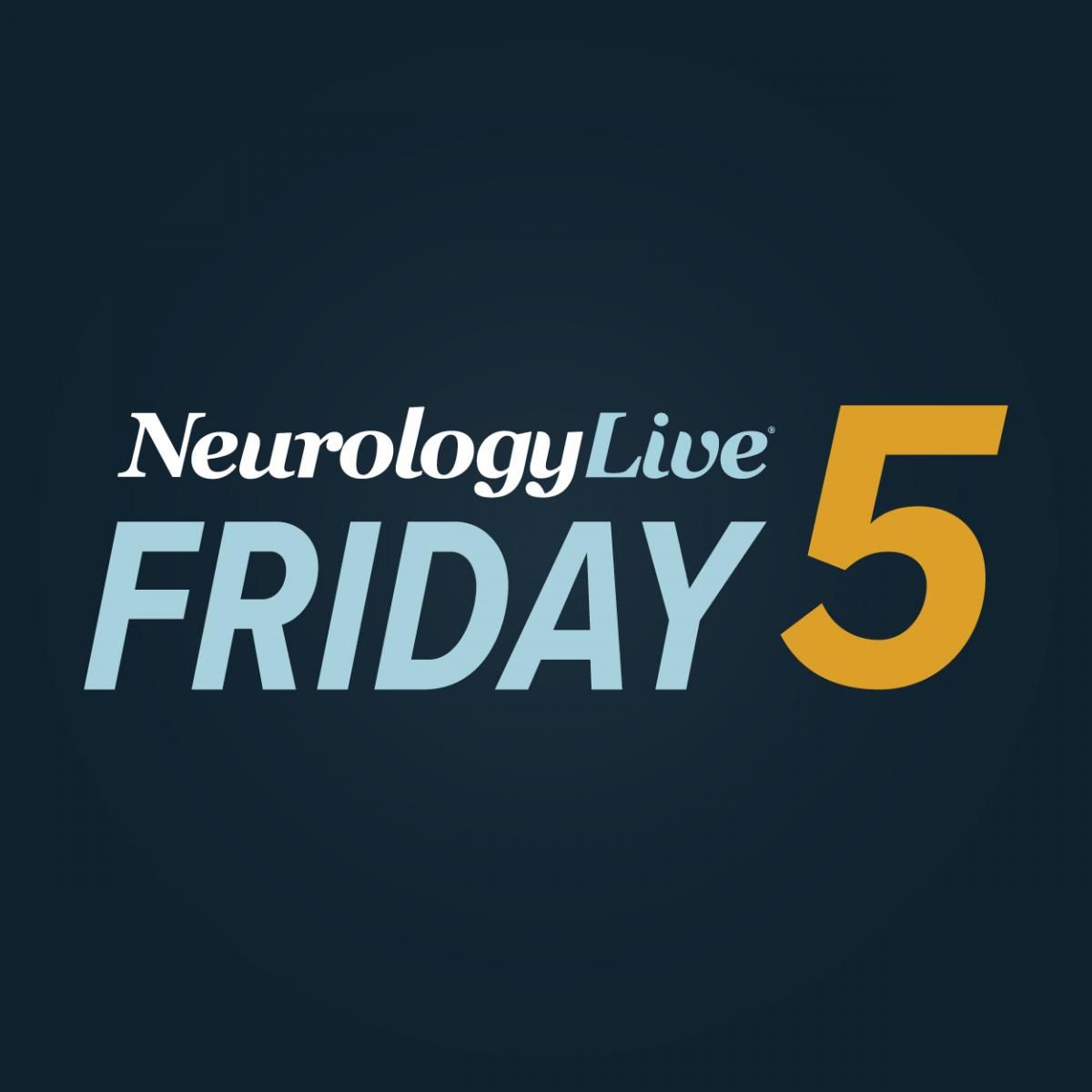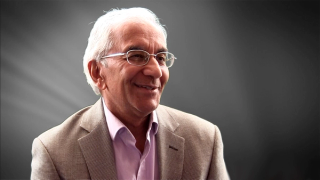
Dementia and Alzheimer Disease
Latest News
Latest Videos

CME Content
More News

Take 5 minutes to catch up on NeurologyLive's highlights from the week ending June 26, 2020.

In part 1 of this interview, the associate director of the Center for the Aging Brain at Montefiore Medical Center discussed how she adapted quickly to optimizing telemedicine for elderly patients with Alzheimer disease and cognitive decline.

Biomarkers in the cerebrospinal fluid and blood could hold the key to early diagnosis of Alzheimer disease.

Compared to participants with ≤1 healthy lifestyle factor, the risk of developing Alzheimer disease was 37% lower in those with 2 or 3, and 60% lower in those with 4 or 5 healthy lifestyle factors.

The Women's Alzheimer's Prevention Center becomes the first medical clinic in the US to offer a women-specific center for Alzheimer disease prevention, research, and caregiving support.

Take 5 minutes to catch up on NeurologyLive's highlights from the week ending June 19, 2020.

The drug, previously approved for Parkinson disease psychosis, received breakthrough therapy designation for this new indication.

The results help to better understand the unique risk profiles of people with different subtypes of migraine.

Take 5 minutes to catch up on NeurologyLive's highlights from the week ending June 12, 2020.

The founding executive director and chief science officer of the Alzheimer’s Drug Discovery Foundation discussed the recent approval of the imaging agent flortaucipir F18.

Take 5 minutes to catch up on NeurologyLive's highlights from the week ending June 5, 2020.

The GERA-US study assessed societal costs associated with MCI and mild dementia, and caring for someone with Alzheimer disease, and was the first such study to show how the early stages of cognitive decline economically impact both patients and their caregivers.

Take 5 minutes to catch up on NeurologyLive's highlights from the week ending May 29, 2020.

Marketed as Tauvid by Avid Radiopharmaceuticals, the flortaucipir F18 IV injection is indicated to be used with PET imaging to assess the distribution and density of aggregated tau neurofibrillary tangles.

The founding executive director and chief science officer at the Alzheimer’s Drug Discovery Foundation discussed goals and current work being conducted by its Diagnostics Accelerator initiative.

Take 5 minutes to catch up on NeurologyLive's highlights from the week ending May 22, 2020.

The data included more than 2000 brains and approximately 400 cerebrospinal fluid samples, and showed that a protein network module linked to glucose metabolism was also elevated in cerebrospinal fluid in early stages of the disease.

Findings from an analysis of a large population of individuals suggest that the blood immunoassay can predict tau and amyloid-ß pathologies, as well as differentiate and identify Alzheimer disease across the clinical spectrum.

The founding executive director and chief science officer at the Alzheimer’s Drug Discovery Foundation discussed the landmark findings from Biogen on its agent aducanumab and the impact the trial might have on the future.

The association between black individuals and processing speeds may explain the black-white disparities in dementia risk at older age.

The Alzheimer’s Drug Discovery Foundation made 5 new investments through its Diagnostics Accelerator initiative, through which it has $50 million in commitments from leading scientific philanthropists such as Leonard A. Lauder, Bill Gates, Jeff Bezos, and MacKenzie Bezos.

Artificial intelligence unlocks new potential to expand neuroimaging tools and techniques available for disease detection and prevention.

Take 5 minutes to catch up on NeurologyLive's highlights from the week ending May 15, 2020.

Evidence continues to increase on the neurological impacts of COVID-19 infection, with patients admitted to the intensive care unit (ICU) showing brain abnormalities on MRI scans.

Despite patients being off treatment for an average of 23 months, patients treated with Eisai’s BAN2401 remained amyloid PET negative in an open-label extension preliminary analysis.



















